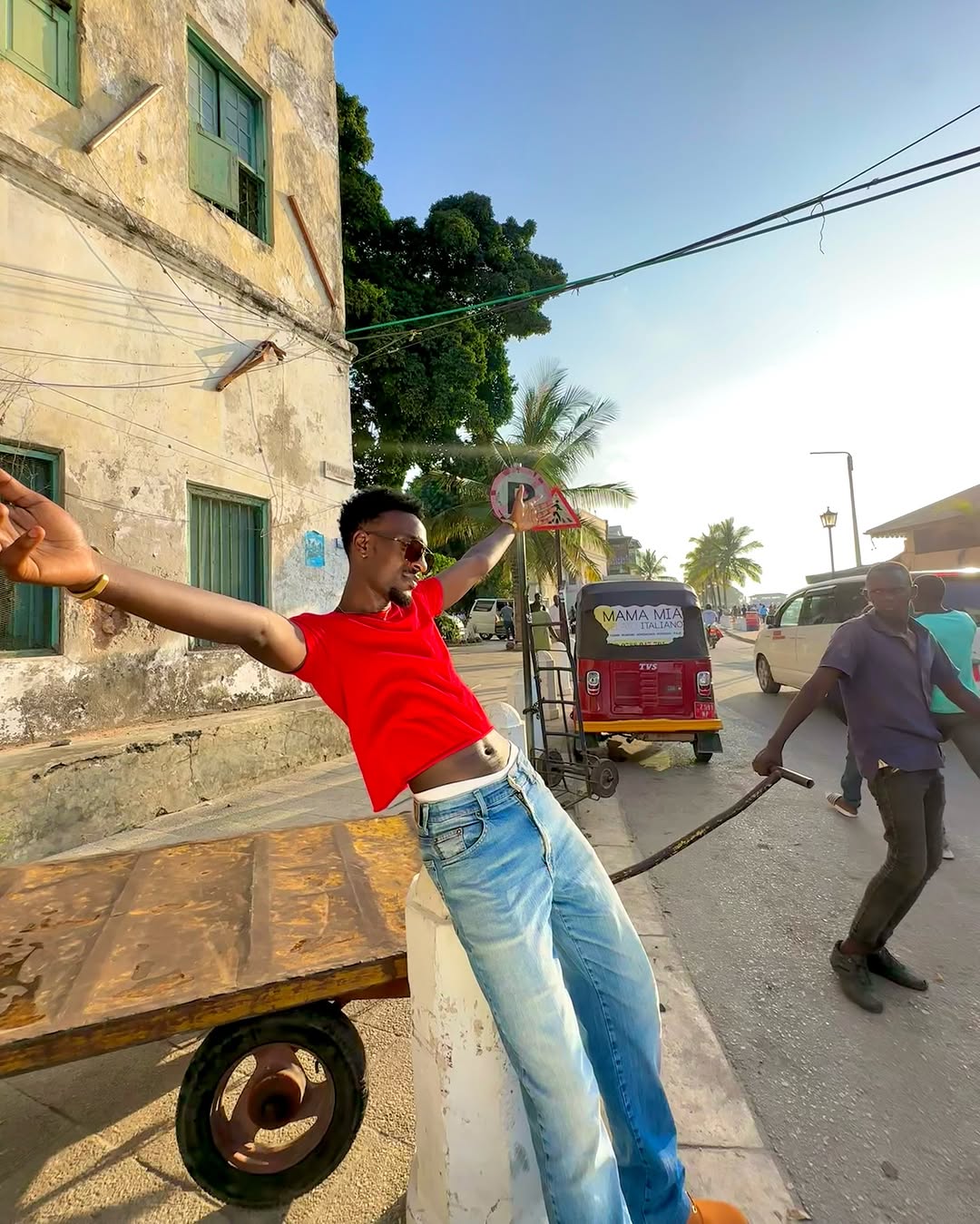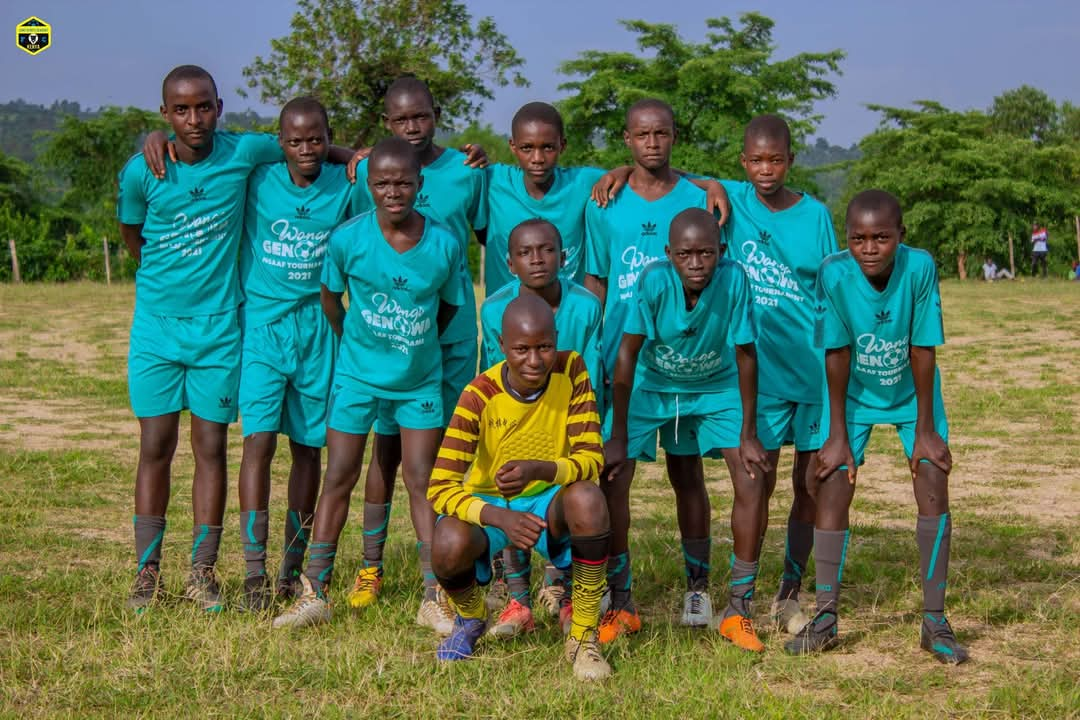The Tragedy at Zetech University: A Wake-Up Call for Change
In the quiet morning of December 11, 2024, the academic community of Zetech University was shaken by the heart-wrenching news of a student, Ryan Kitari, taking his own life. This incident not only leaves a void in the lives of those who knew him but also casts a long shadow over the systemic issues within our educational institutions that demand urgent attention.
Ryan, a 21-year-old student, was found dead in his apartment in Witeithie, Nairobi. In a poignant and revealing suicide note shared through his social media, he detailed his struggles with financial hardships, academic pressure, and personal traumas. His note highlighted a failing system where students, particularly those from less privileged backgrounds, are pushed to their limits without adequate support. He pointed fingers at a lecturer, blaming her for his academic setbacks, which he felt were unjust and contributed significantly to his despair.
This tragedy underscores several critical points about the state of mental health and student support in higher education:
The Pressure of Perfection
The narrative of success in academia often revolves around perfection and relentless achievement. For many students, like Ryan, the pressure to excel academically while managing personal and financial challenges can be overwhelming. The educational system must recognize that students are not just academic beings but individuals with complex lives outside the lecture halls.
Inadequate Support Systems
Ryan’s case brings to light the dire need for robust mental health support systems in universities. While many institutions have counseling services, the availability, accessibility, and effectiveness of these services are often questioned. There’s a pressing need for universities to not only have these services but to ensure they are proactive, visible, and culturally sensitive to the diverse student body they serve.
The Role of Educators
The accusation against the lecturer in Ryan’s note cannot be ignored. Educators hold significant power in shaping the academic journey and, by extension, the mental health of students. There should be a continuous evaluation of teaching practices, ensuring that they do not inadvertently become barriers to learning but instead foster an environment where every student can thrive.
Financial Struggles
Ryan’s situation also points to the broader issue of financial stability for students. The cost of education, combined with living expenses, often leaves students in precarious financial positions. Universities, alongside government bodies, need to explore and implement more comprehensive financial aid options, work-study programs, and emergency support systems to alleviate the burden on students.
The Stigma of Seeking Help
There’s an undercurrent of stigma associated with mental health issues, making students hesitant to seek help. Universities must cultivate an environment where discussing mental health is normalized, and seeking assistance is seen as a strength, not a weakness.
In the aftermath of this tragedy, Zetech University and indeed all institutions of higher learning must look inward. This isn’t just about one student’s story; it’s a clarion call for systemic change. We must ask ourselves:
-
Are we providing an environment where students can voice their struggles without fear of retribution or failure?
-
How can we better integrate mental health education into our curricula to prepare students for life’s challenges?
-
What measures can we take to ensure that no student feels so cornered by academic or personal issues that suicide seems the only escape?
Ryan’s story should not be the end but the beginning of a conversation, of reform, and of a collective commitment to safeguarding the mental well-being of every student. It’s a call to action for universities, educators, policymakers, and society at large to rethink how we support our youth through the transformative years of higher education. Only then can we hope to prevent such tragedies from recurring, ensuring that our campuses are places of learning, growth, and, above all, safety.









